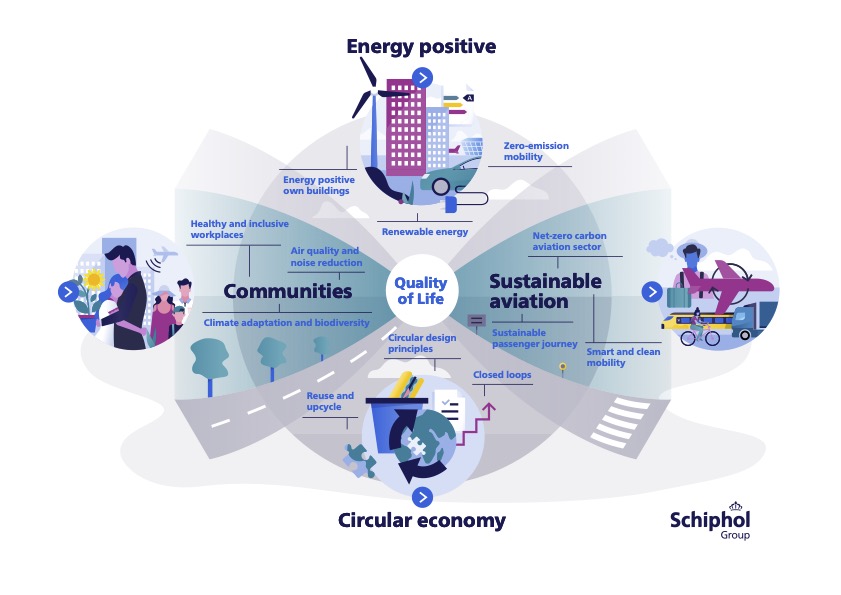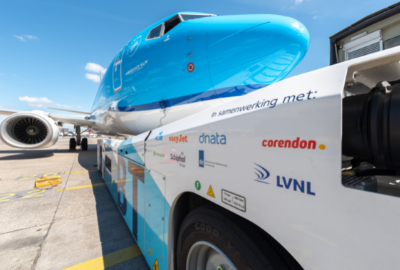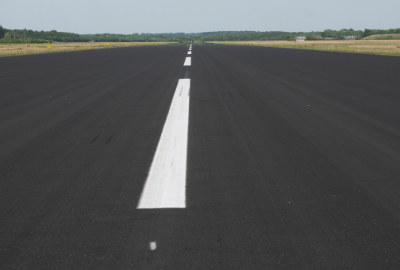Royal Schiphol Group launches road maps to emission-free and waste-free airports by 2030
Amsterdam Airport Schiphol, Eindhoven Airport, Rotterdam The Hague Airport and Lelystad Airport are to be emission-free and waste-free by 2030. Later, in 2050, the entire aviation sector is to be CO2-neutral by 2050. Royal Schiphol Group has launched a refined sustainability plan with concrete actions to reach these goals.
Royal Schiphol Group's sustainability plan was launched for the first time in 2018. In the new and refined plan – ‘Sustaining your world’ – clear targets and actions for the airport group are set. The airports will be waste and emission-free by 2030 and the CO2 emissions from aviation are at 2005 levels. Also, the airports will have improved the balance between our airports and the local communities.
 Image by Royal Schiphol Group
Image by Royal Schiphol Group
Sustainability road map for airports
To reach these goals, a clear road map with actions was designed for the airports, in three sections: ‘energy positive’, ‘sustainable aviation’ and ‘communities’. These are the actions the airports are planning to take:
Energy positive:
- Energy-positive own buildings: phasing out natural gas and improving energy efficiency
- Zero-emissions mobility: phasing out fossil fuels for own vehicle fleet and for ground-support equipment
- Renewable energy: solar power generation at own airport locations
Sustainable aviation:
- Net-zero-carbon-emissions aviation: stimulating fleet renewal to reduce emissions through more efficient aircraft; introducing sustainable aviation fuels (SAF) at scale at our airports as soon as possible, reaching 14% SAF or more by 2030; stimulating innovation to introduce zero-emission aircraft (battery electric, hydrogen); and optimising airside procedures
- Smart and clean mobility: stimulating and incentivising clean, efficient transport modes for passengers and commuters
- Sustainable passenger journey: informing passengers about sustainability and offering sustainable options during their airport visit
Communities
- Air quality improvement and noise reduction: improving living areas by lowering environmental impact and maintaining constructive dialogues to ensure the well-being and support of our neighbours
- Healthy and inclusive workplaces: empowering our strongest asset – our inclusive, diverse and motivated workforce
- Climate adaptation and biodiversity: creating resilient airports and improving biodiversity


